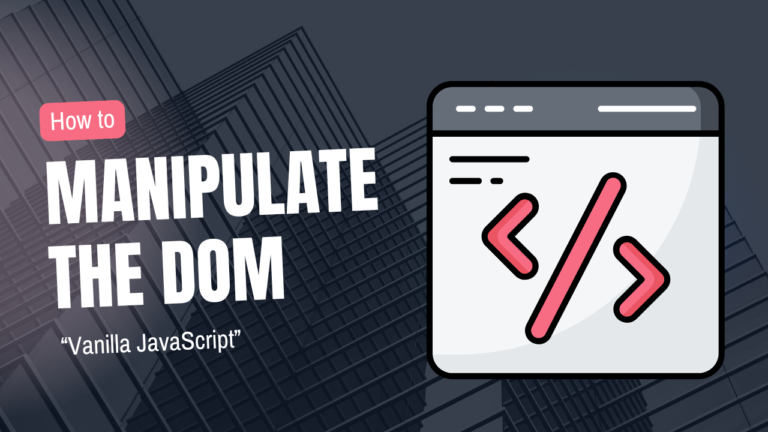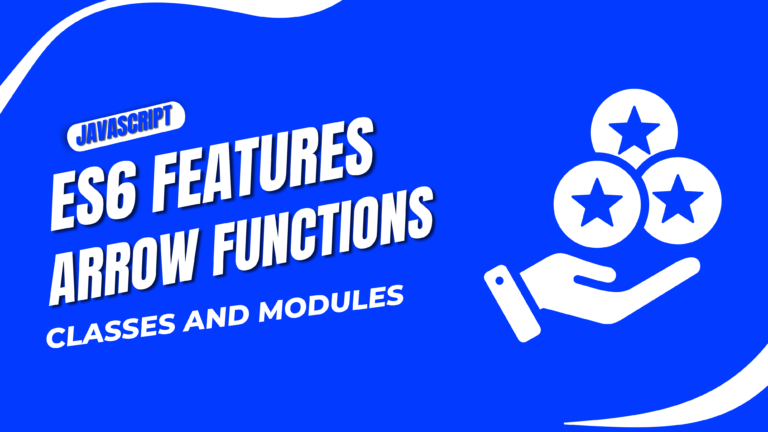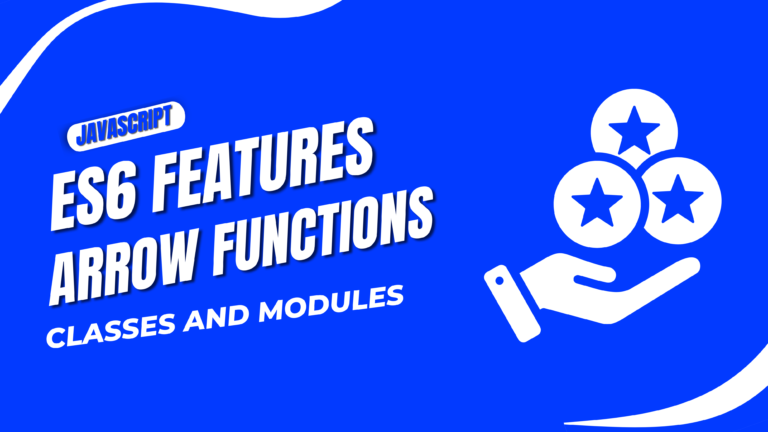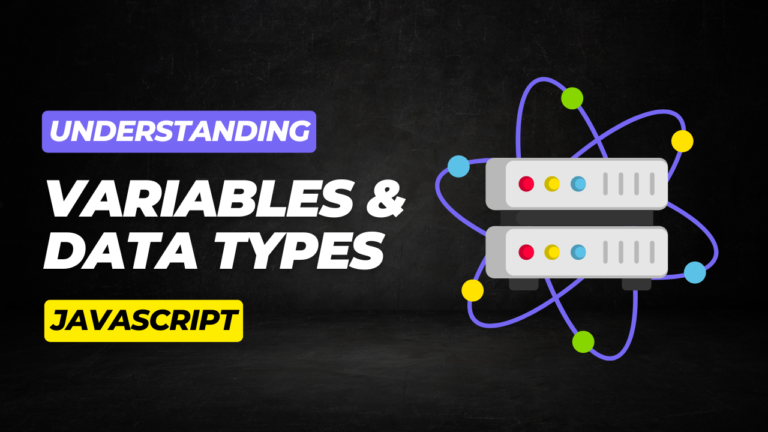How to Use JavaScript Functions and Scope Effectively
JavaScript functions and scope are core concepts that every developer needs to master. They form the backbone of writing clean, modular, and maintainable code. In this guide, we’ll delve into the fundamentals of functions and scope in JavaScript, providing you with the knowledge needed to use them effectively. We’ll also walk through a practical example of building a quiz app where each question is encapsulated within a function.
Introduction
In this tutorial, you’ll learn:
- What are JavaScript Functions?
- Different Types of Functions in JavaScript
- Understanding Function Scope: Global vs. Local
- Example: Building a Quiz App with Functions
- Best Practices for Using Functions and Scope Effectively
What are JavaScript Functions?
A JavaScript function is a block of code designed to perform a specific task. Functions allow you to break down complex problems into smaller, reusable pieces. They can take inputs (parameters) and return outputs (results), making your code more modular and easier to understand.
Example of a simple function:
function greet(name) {
return "Hello, " + name + "!";
}
console.log(greet("Alice")); // Output: Hello, Alice!
Different Types of Functions in JavaScript
JavaScript supports various types of functions, each with its own syntax and use case:
1. Function Declarations: These are the most common way to define a function.
function sum(a, b) {
return a + b;
}
2. Function Expressions: These are functions defined within an expression and are often used in more dynamic coding patterns.
const multiply = function(a, b) {
return a * b;
};
3. Arrow Functions: Introduced in ES6, these provide a shorter syntax and have different behavior with this keyword.
const divide = (a, b) => a / b;
4. Immediately Invoked Function Expressions (IIFE): These functions run as soon as they are defined, often used for scoping purposes.
(function() {
console.log("This is an IIFE!");
})();
Understanding Function Scope: Global vs. Local
Scope in JavaScript determines the visibility of variables. Understanding scope is crucial to managing your data and avoiding errors such as variable name conflicts.
1. Global Scope: Variables declared outside of any function are in the global scope and can be accessed from anywhere in your code.
var globalVar = "I am global";
function showGlobalVar() {
console.log(globalVar); // Accessing global variable
}
2. Local Scope: Variables declared within a function are in the local scope and cannot be accessed outside that function.
unction myFunction() {
var localVar = "I am local";
console.log(localVar);
}
console.log(localVar); // Error: localVar is not defined
3. Block Scope: With let and const, you can create variables that are scoped to a block (e.g., within an if statement or loop).
if (true) {
let blockVar = "I am block scoped";
console.log(blockVar);
}
console.log(blockVar); // Error: blockVar is not defined
Example: Building a Quiz App with Functions
Let’s bring it all together by building a simple quiz app. Each question in the quiz will be a function, allowing us to reuse the same code structure for different questions.
function askQuestion(question, answer) {
let userAnswer = prompt(question);
if (userAnswer.toLowerCase() === answer.toLowerCase()) {
return "Correct!";
} else {
return "Wrong, the correct answer was: " + answer;
}
}
function startQuiz() {
console.log(askQuestion("What is the capital of France?", "Paris"));
console.log(askQuestion("What is 2 + 2?", "4"));
console.log(askQuestion("What is the color of the sky?", "Blue"));
}
startQuiz();
In this example:
askQuestionis a function that handles asking a question and checking the user’s answer.startQuizis a function that organizes the flow of the quiz, callingaskQuestionfor each question.
Best Practices for Using Functions and Scope Effectively
- Keep Functions Focused: Each function should perform a single task. This makes your code easier to understand and maintain.
- Use Descriptive Names: Function names should clearly describe what the function does.
- Minimize Global Variables: Rely on local variables as much as possible to avoid polluting the global scope and causing conflicts.
- Avoid Side Effects: Functions should ideally not modify variables outside their scope unless absolutely necessary.
Conclusion
Mastering JavaScript functions and scope is essential for writing efficient, maintainable code. By understanding the different types of functions and how scope works, you can create modular and reusable code that is easy to manage. The quiz app example provided in this guide demonstrates how to apply these concepts in a practical scenario, reinforcing the importance of structuring your code effectively.






